I love our big lake called Lago Trasimeno. It is the biggest lake on the peninsula, with a surface area of 49.4 sq miles, it is just slightly smaller than Lake Como. The lake’s water quality is very good. This is because of the small population living in its watershed, and a lack of large farms in the area. Trasimeno is shallow, muddy, and rich in fish, including pike, carp, and tench. During the last 10 years it has been 5 meters deep, on average. It has no outlets and only two minor streams feeding it. It is mostly reliant on rainfall, and fluctuates in depth because of that.
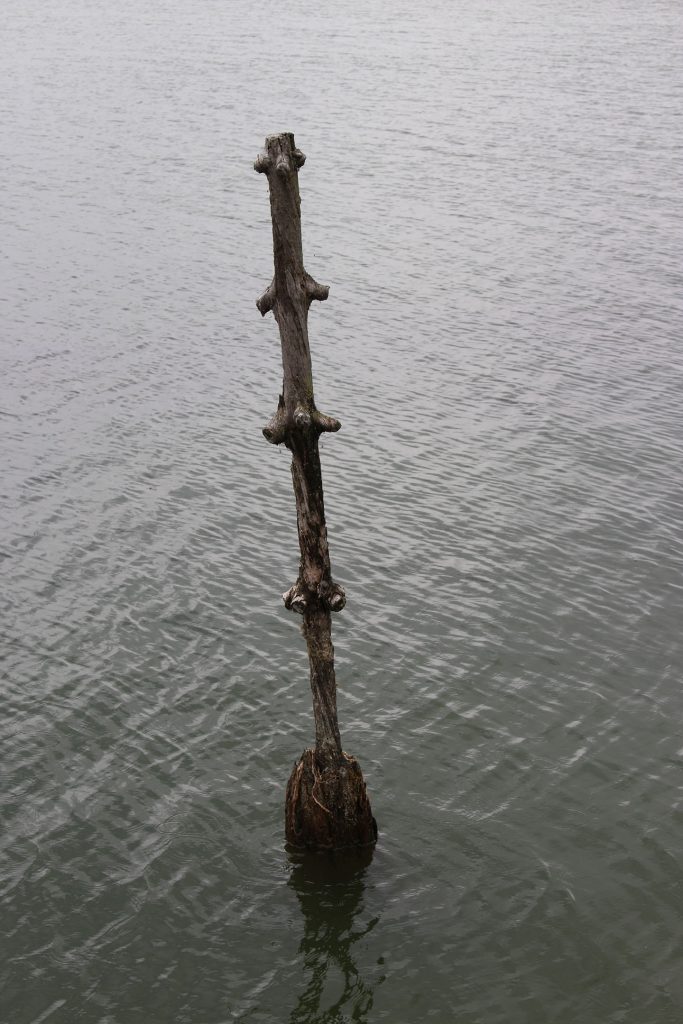
There are three islands in the lake — Isola Polvese, the largest — Isola Maggiore, the only island with year round residents (population 35) — and Isola Minore, a private island which once had a town with a population of 500. It was abandoned due to malaria.

I’ve always been fascinated with the fishing culture and history of the lake. Fishing is done only with nets, and many of the families on the lake have been fishing for generations. A fisherman’s life on this lake depends on the catch. If the morning catch is plentiful, they will sell their fish to the co-operative. Then they will clean their nets and go out again the next morning. If the morning catch is small, they will often go back out in the afternoon to try again.
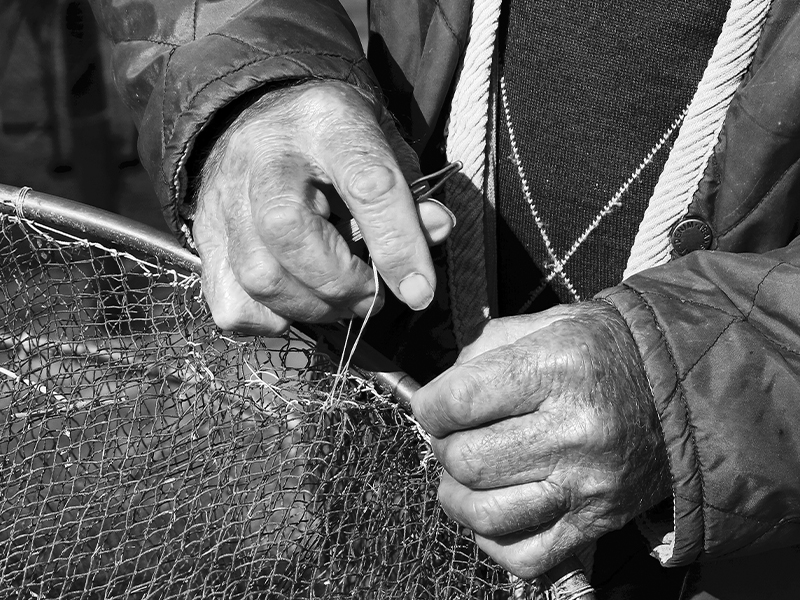
The inhabitants of the communes around Trasimeno and the Umbrian people have successfully protected their lake, whose waters are fit for swimming and whose surrounding valleys and islands are protected. In 1995 a natural park was established over the entire surface and the shores. A 50 km (31 mile) bicycle path was opened in 2003 around the lake that allows tourists to explore. There are also cross-country paths, especially over the hills on the eastern side. Inside these limits no motorized boats are allowed. They limit the length to 9 meters at the waterline, and they can be propelled only by oars or sails. This keeps loud, disruptive jet skis and motor boats away. For this reason Trasimeno is calm and beautiful. Perfect for enjoying nature and meditation.
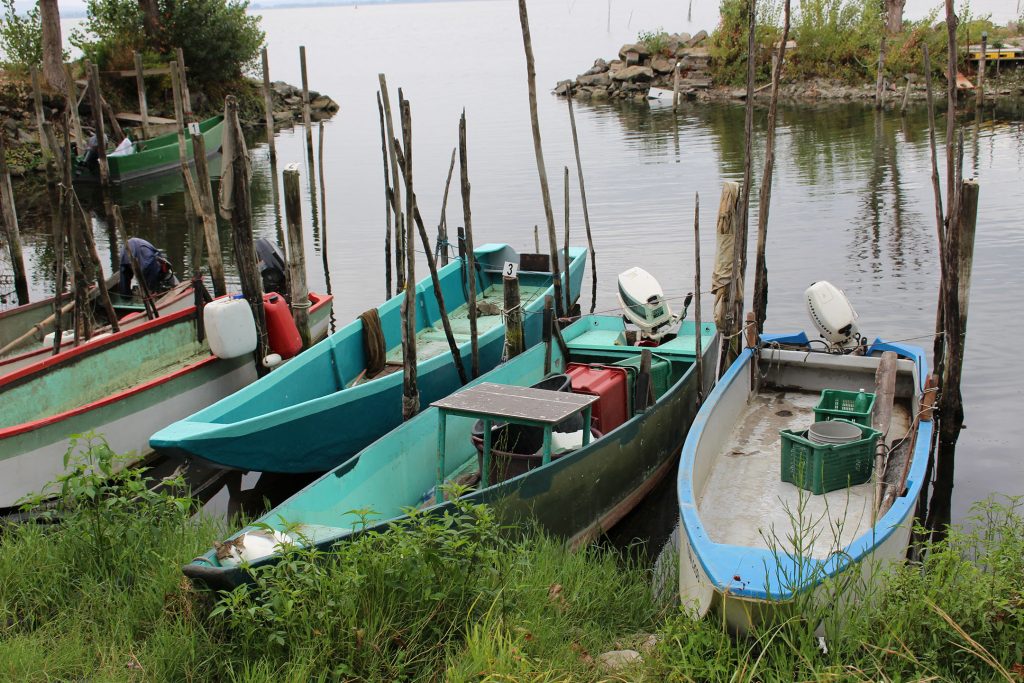
The Trasimeno Fishermen Cooperative located in San Feliciano, was established on 23 September 1928 with the aim of improving the economic conditions and quality of life of the fishermen.
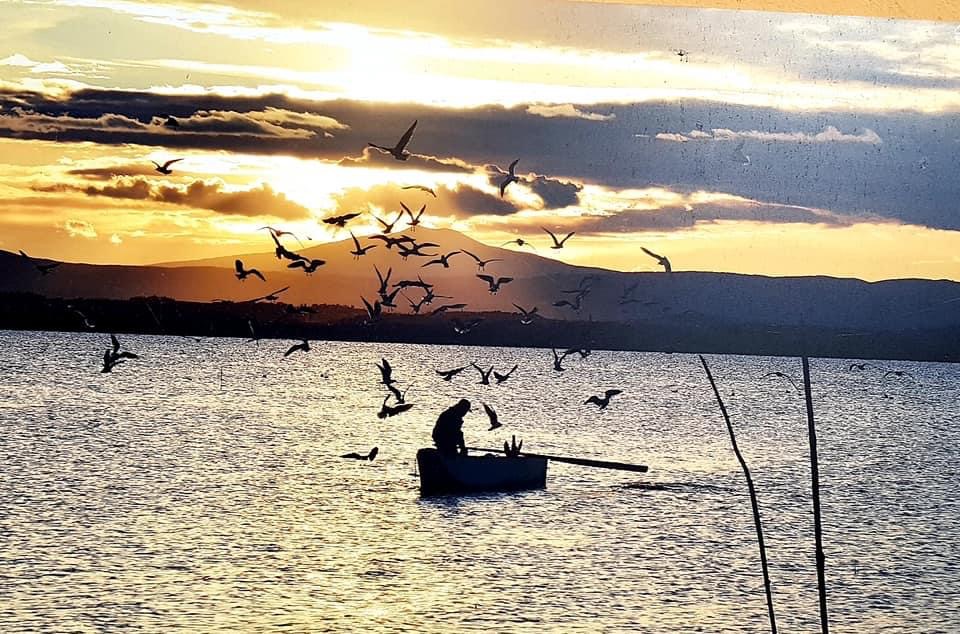
It is made up of a workforce of at least fifty people, it defines itself as the guardian of the natural environment of Lake Trasimeno; a fragile ecosystem in which the fishers live in harmony with their catch, protecting their balance through fully sustainable fishing.
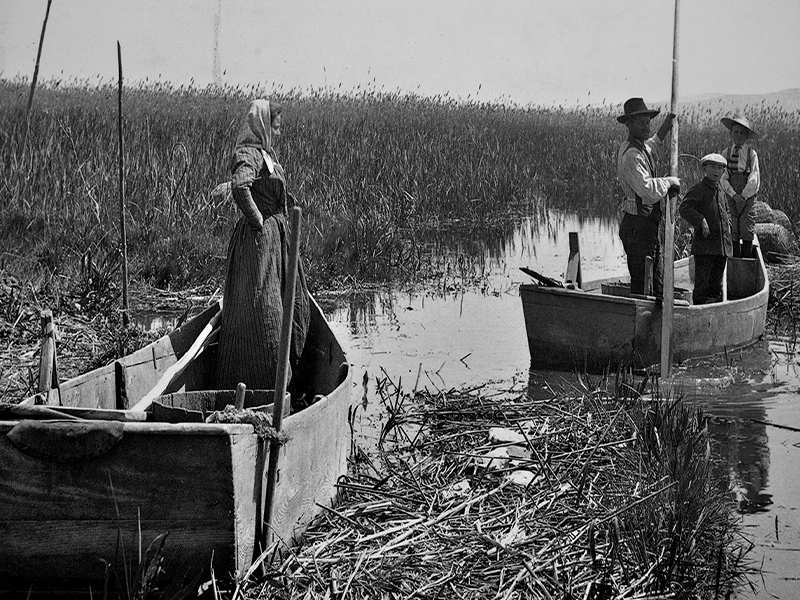
The Trasimeno Fishermen Cooperative has seen, in the last decade, an important generational change, which has reduced the average age of the fishermen from 75 to 40 years. This means the traditions will continue and prosper. It is one of the many things that I love about Umbria…Here, the traditions live on.
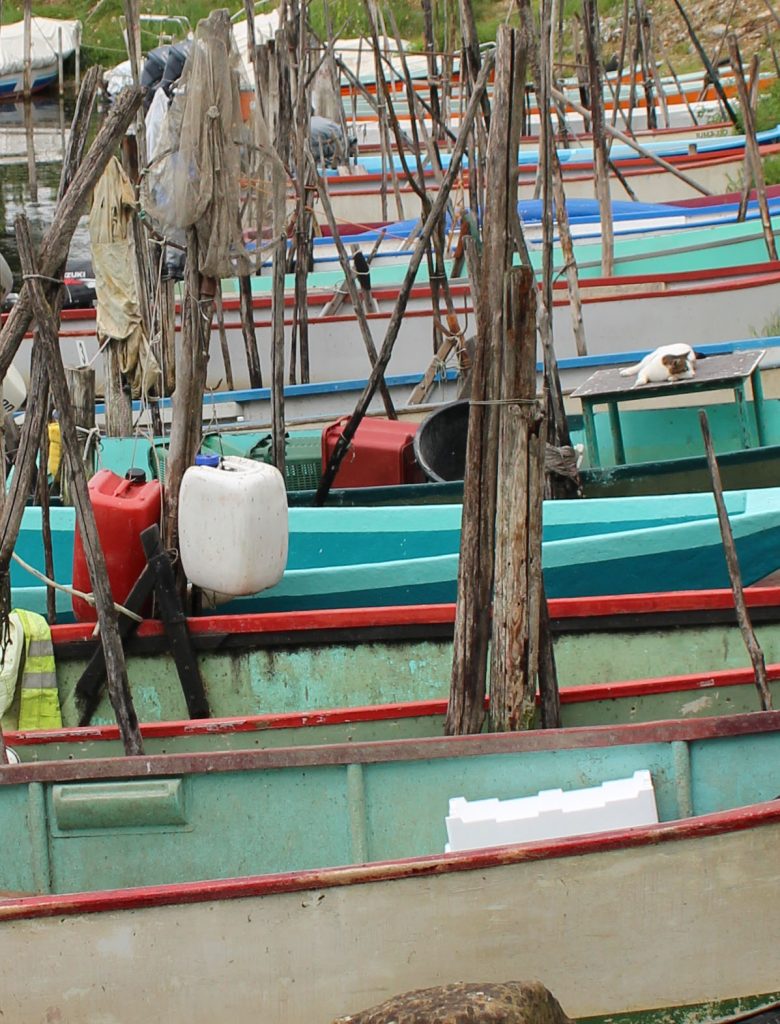
The Cooperative is helping preserve the profession of lake fishermen. The younger workers contribute to the income of the Cooperative by giving the fish to the Cooperative’s warehouse on a daily basis, guaranteeing the supply of fish, which is processed for the purposes of storage and distribution of the fresh and frozen lake fish to operators in the tourism-hospitality industry, and to individuals, in the two distribution points in San Feliciano and Sant’Arcangelo.
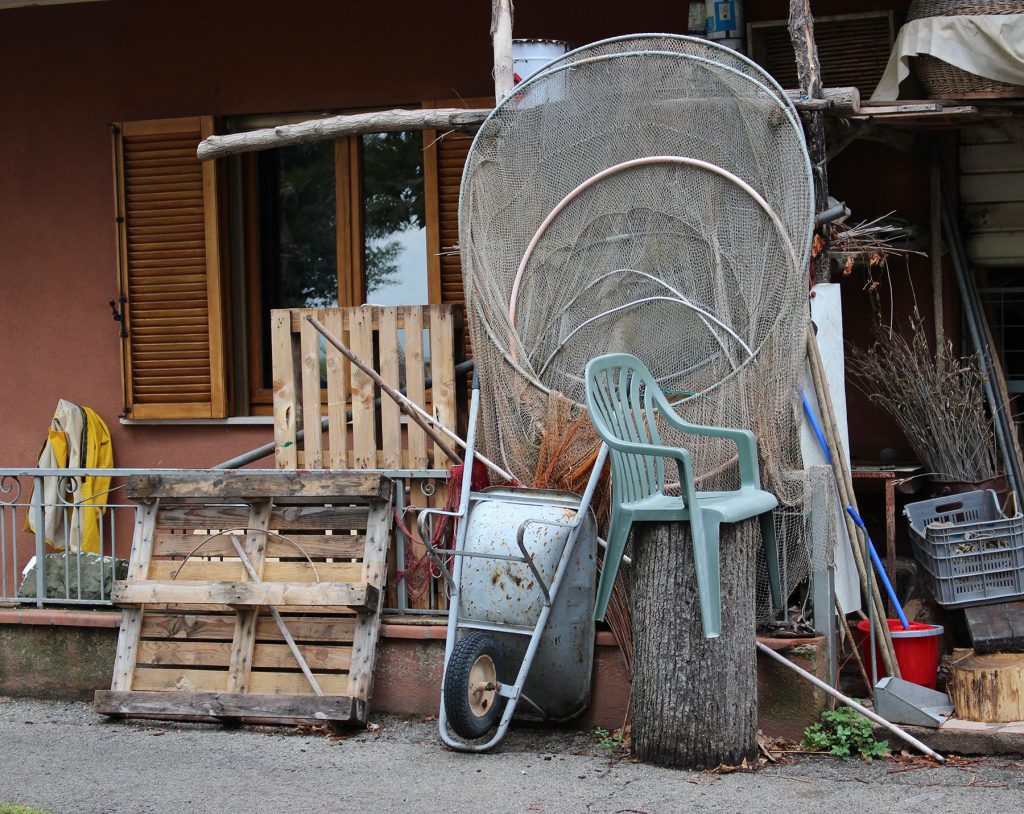
The Cooperative also offers fishing tourism activities: for instance, excursions on Lake Trasimeno — fishing trips with traditional techniques that allow you to discover the landscapes of the lake and to admire the pretty sunsets, accompanied on board by fishermen.
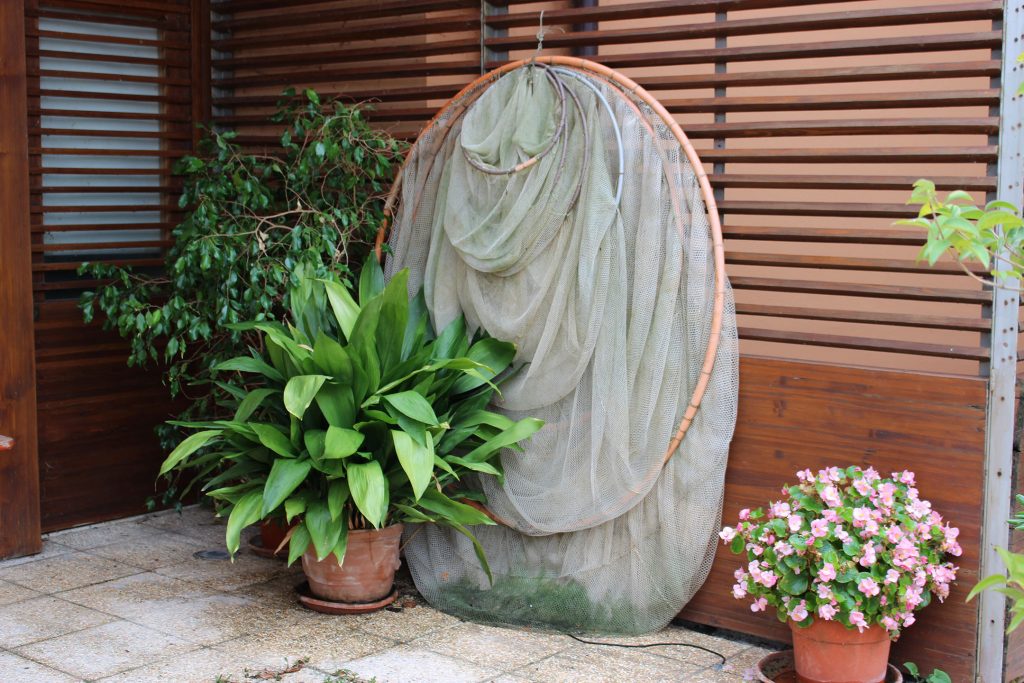
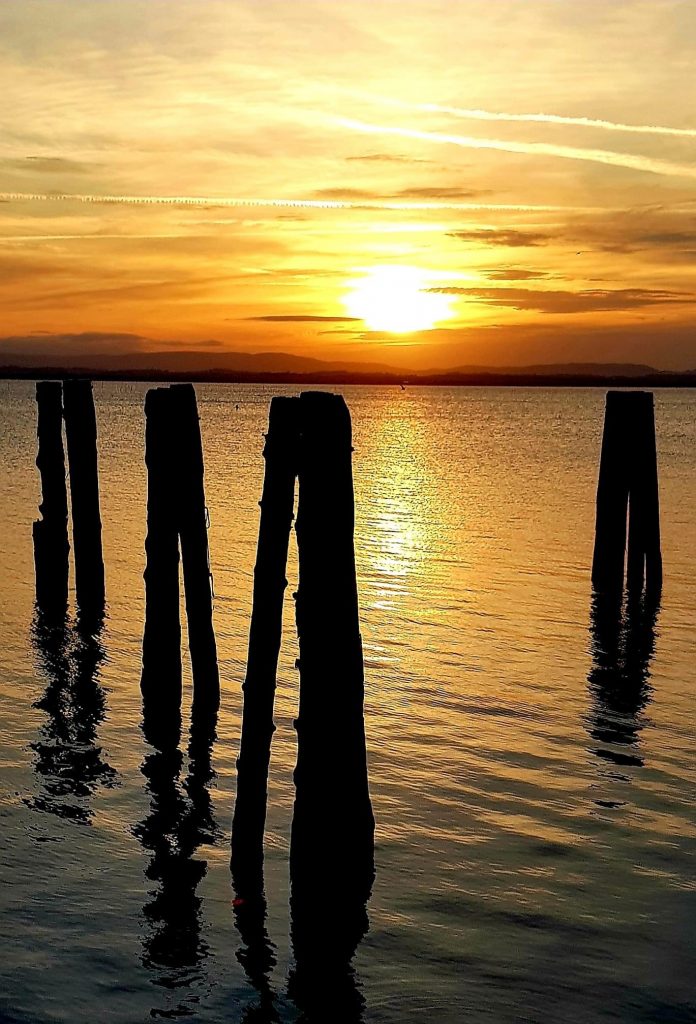
Because we can, and because it is a gorgeous autumn day, we went to San Feliciano for lunch and some photo taking. Da Settimio and Osteria Rosso di Sera are our two favorite restaurants there. Both specialize in lake fish and seafood.
And now for the mandatory food pictures.
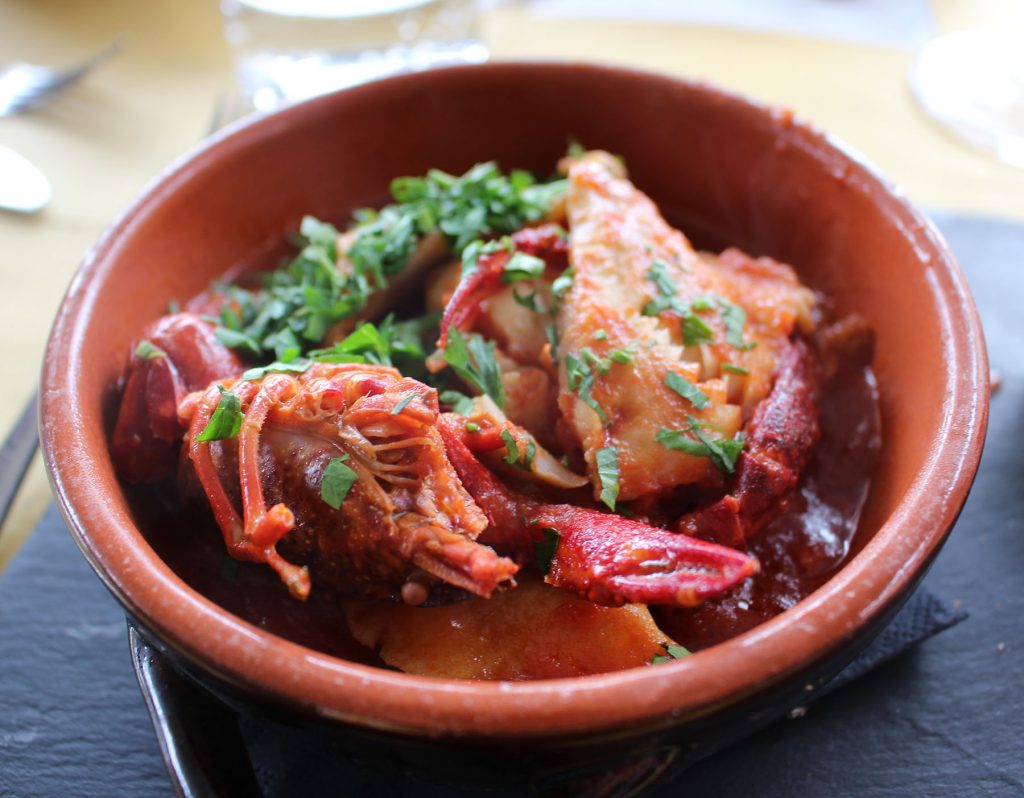
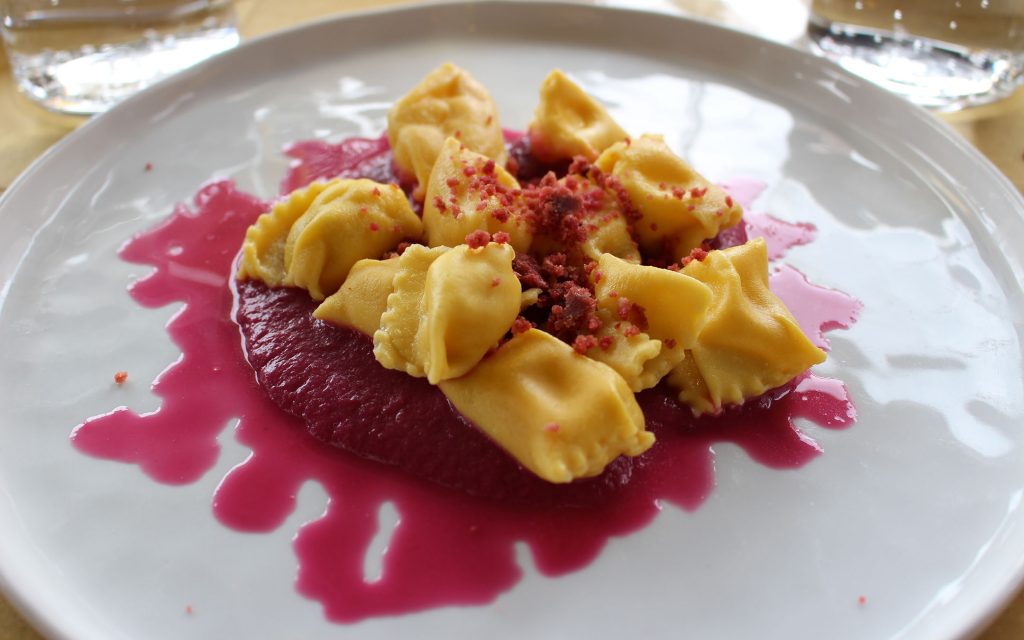
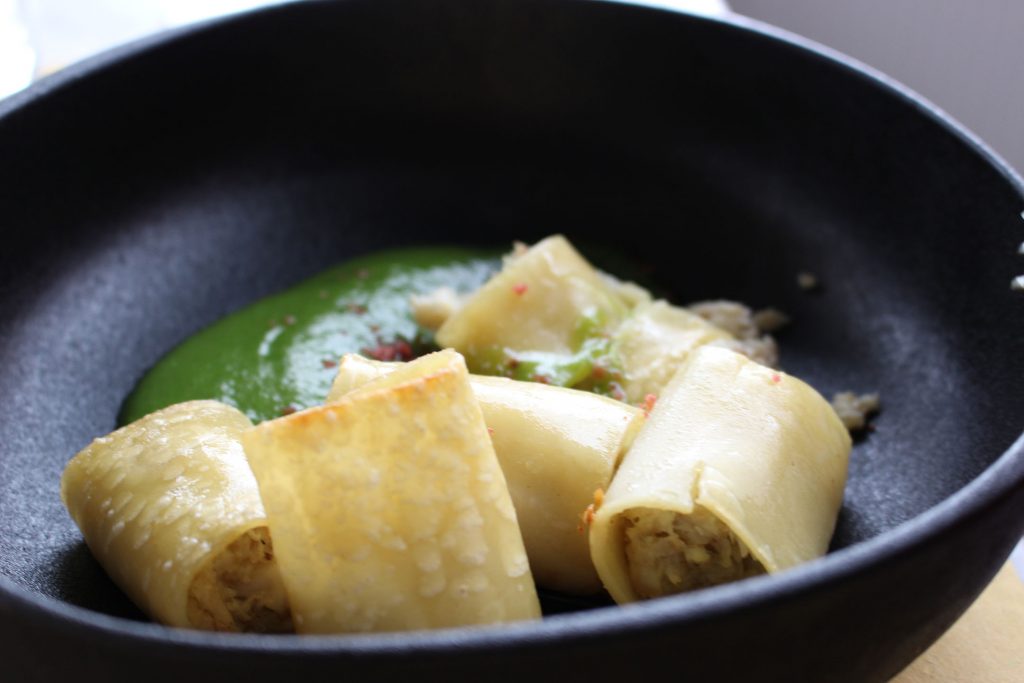
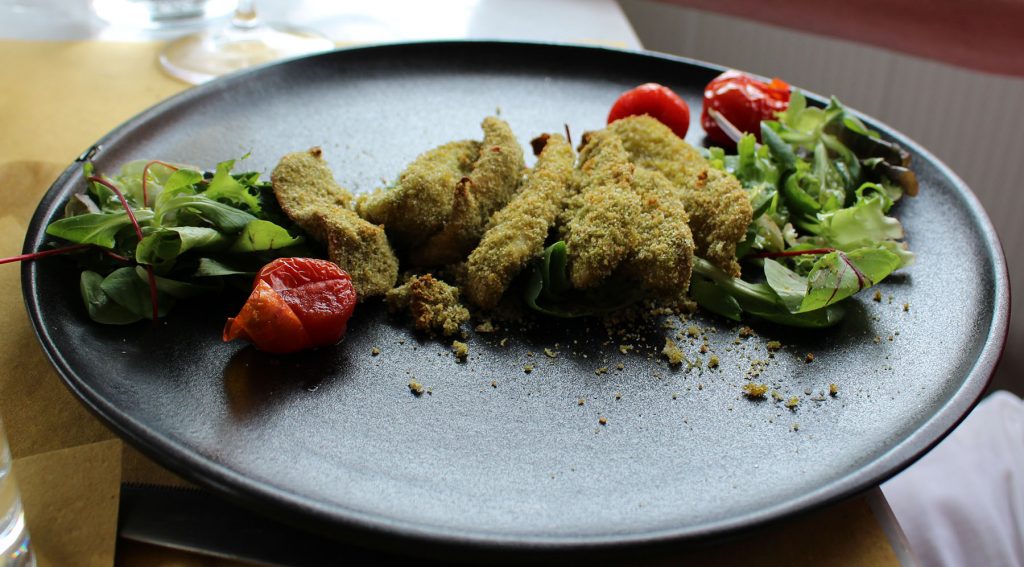

For another perspective on the lake, here is what it looks like from the mountains that ring it.
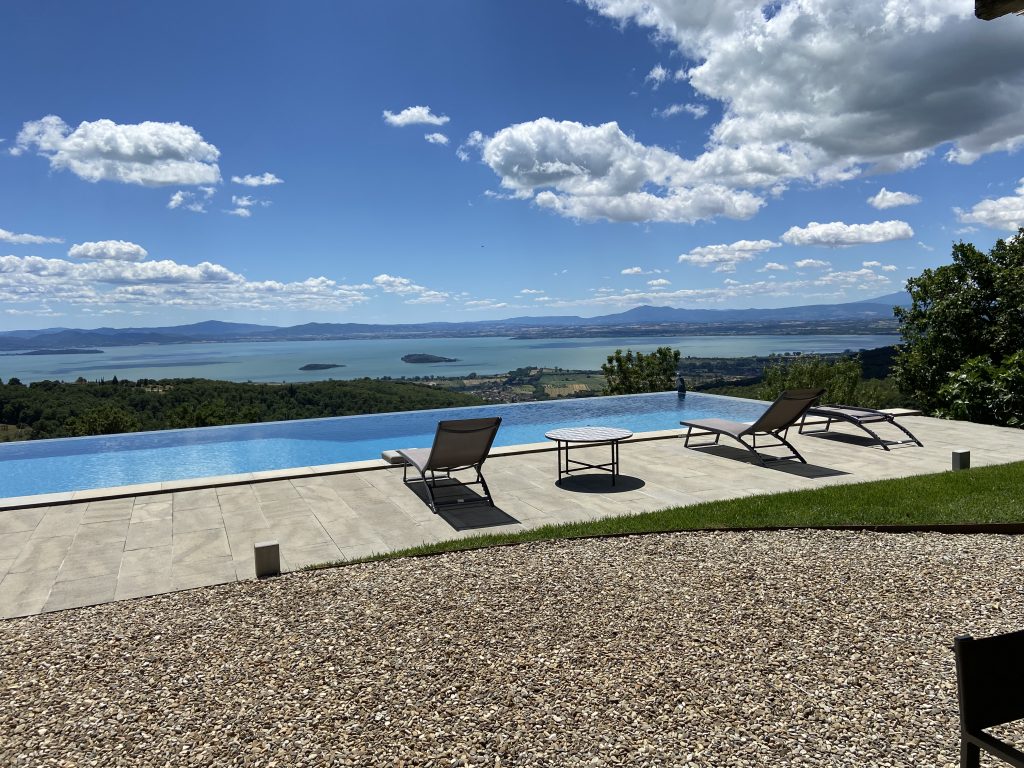
In summertime it is a party place with lots of camp grounds, discos, restaurants, hiking, biking, boating and swimming. I think it is pretty much undiscovered except by Italians. It is a beautiful place.
Ciao, ciao, ciao.
